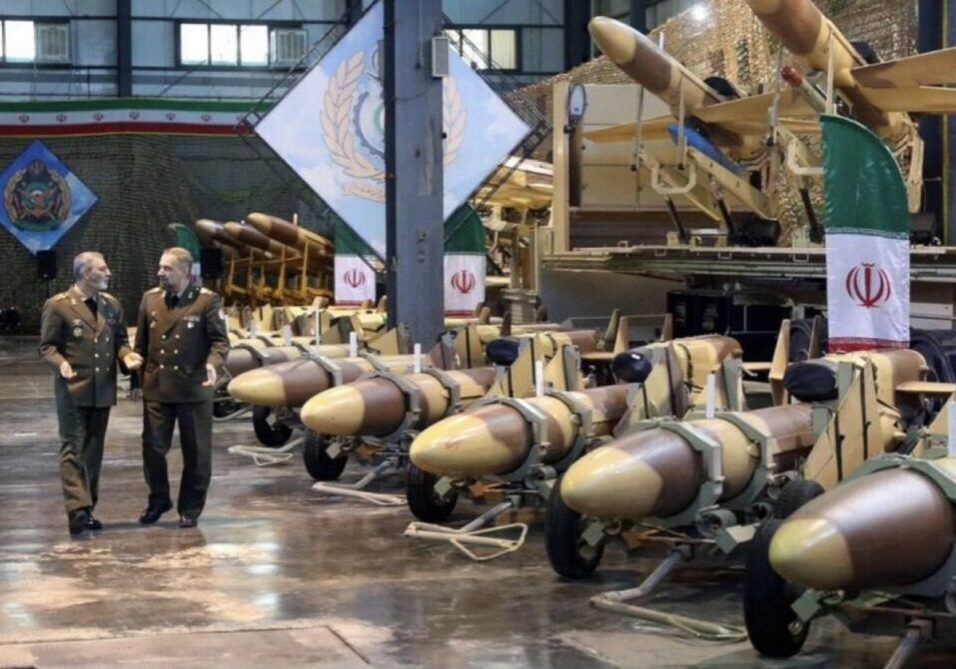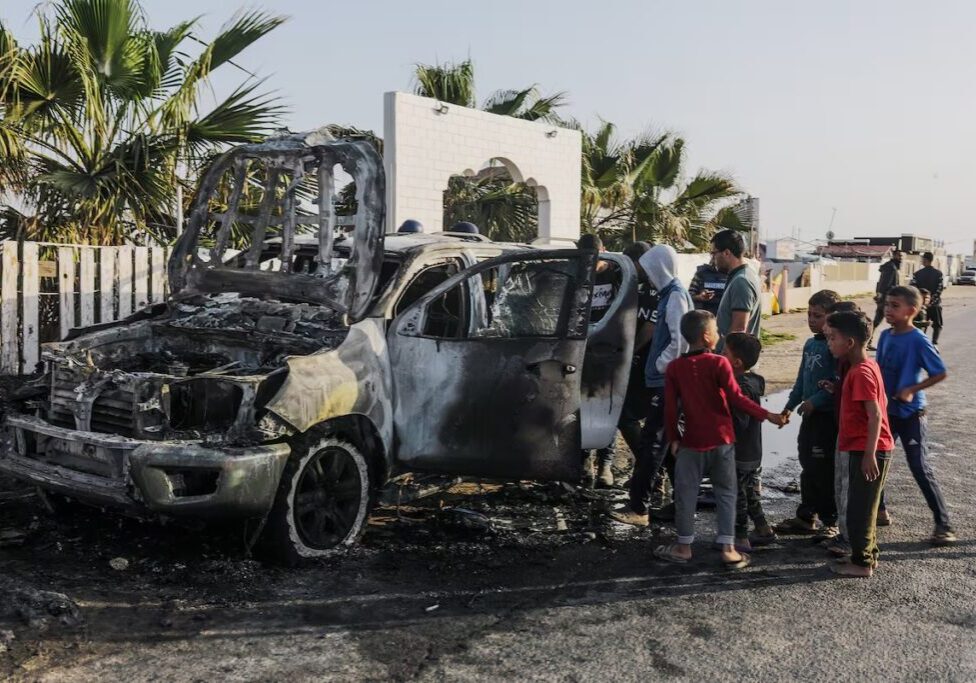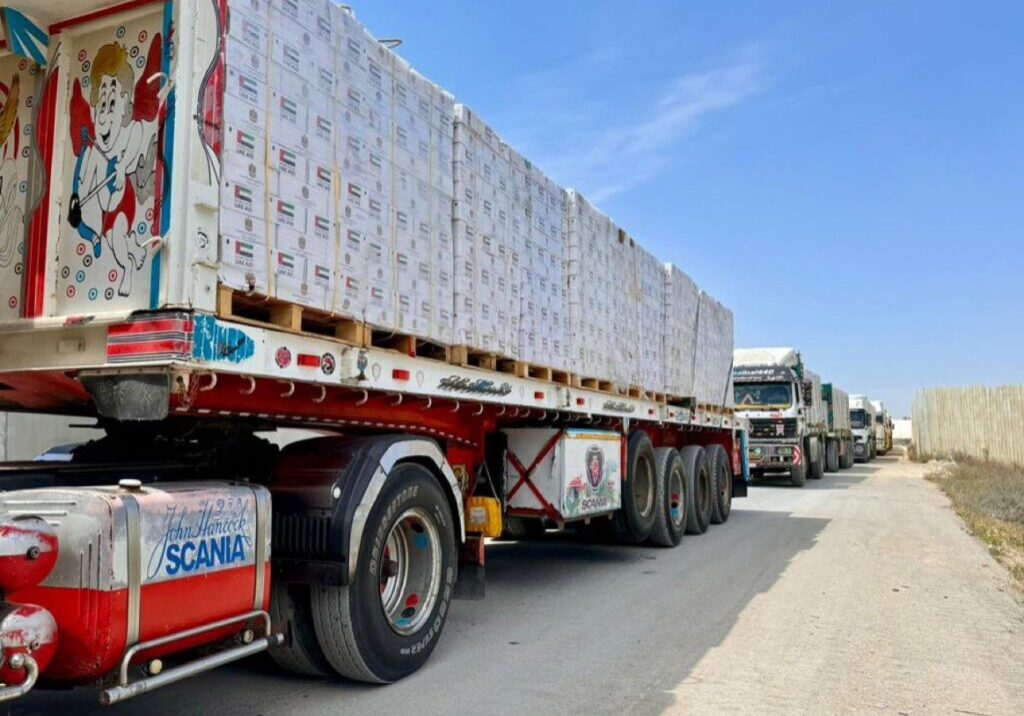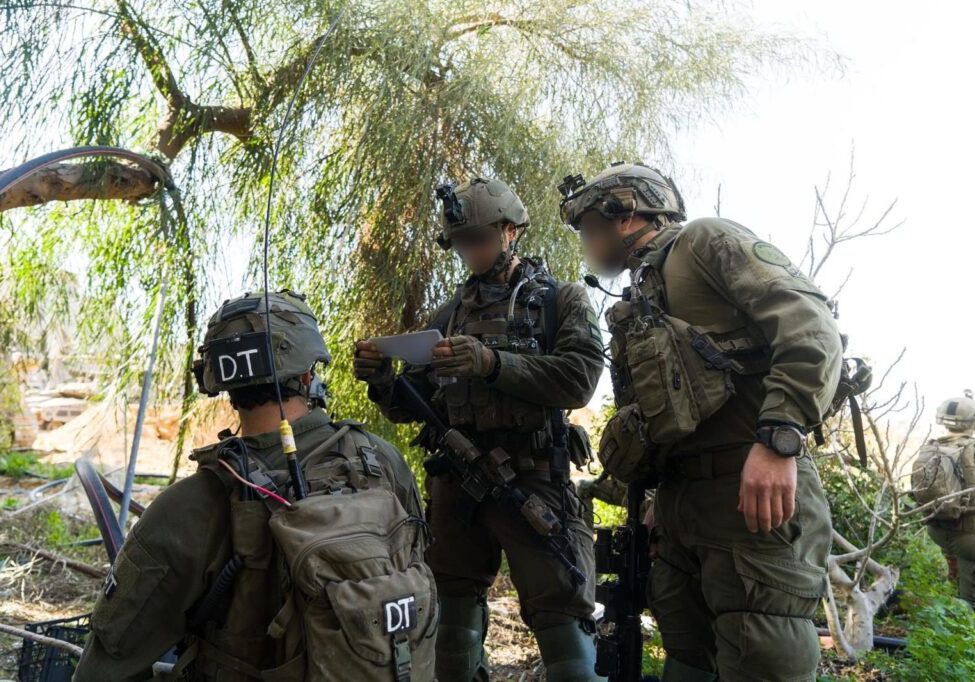Australia/Israel Review
Europa Europa: Democracy-dreaming
Jul 30, 2013 | Douglas Davis
Douglas Davis
In November 1947, two years after saving Europe from totalitarianism and two years after being booted out of office, Winston Churchill told the House of Commons he had concluded that, “democracy is the worst form of government except for all those others that have been tried”.
The military leaders who toppled Egypt’s democratically elected Mohammed Morsi last month might have been better acquainted with another Churchillian sound-bite: “The best argument against democracy is a five-minute conversation with the average voter.”
The unpalatable reality, which Churchill would have grasped more swiftly than Europe’s current crop of political leaders, is that the zeitgeist of the Middle East has almost nothing to do with democracy.
Listening to the mellifluous voices of Europe’s foreign ministers and the more exuberant voices of Europe’s media mavens, however, the so-called Arab Spring is nothing less than the harbinger of a New Middle East; the final rebuke to those who spoke of “Arab exceptionalism”; the prelude to full-blown, Western-style, liberal democracy.
In the eyes of Europe’s commentariat, Libya’s Muammar Gaddafi moved abruptly from loveable rogue to brutal oppressor; Hosni Mubarak, from staunch ally to tyrannical dictator; Bashar al-Assad, from British-educated reformer to Class-A war criminal.
European politicians, by and large, supported the insurgents and insurgencies – whoever, wherever and whenever they appeared. Europe’s political players were anxious not to miss the opportunities (strategic, but mostly commercial) they were convinced would flow their way when the post-revolutionary dispensations took power. But as the intifadas spread, Europe’s leaders have been left bemused, baffled and bewildered: the turmoil has not produced democracy or even sweet reason, only more turmoil.
It might have been reasonable to assume that Britain and France, with their long colonial history in the Middle East, would be more savvy. Sadly, their 21st century political analysts and military strategists appear to have missed the lessons of history. The British and French, in particular, have yet to learn that the old political boundaries they drew on maps in London and Paris to suit their own competitive interests are entirely inadequate for the Arab world. The old Anglo-French rivalries for influence in the region can once again be detected, albeit in a more nuanced form, in Libya, Mali and, most recently, Syria.
Europe’s conceit, born of old colonial habits, is still to project its own social organisation, value system and national aspirations on to societies that are radically different from their own. Despite Europe’s encouragement, however, Arab states today are torn between subjugation by monarchical, military and theocratic strongmen – none of whom places a high priority on the right to life, liberty and the pursuit of happiness.
The reality is that the concept of the political nation-state is anathema to much of the Arab world. Given a free, democratic choice, most Arab voters would support Islamist leaders. Beyond that, allegiance is owed not to the state but rather to a mish-mash of affinities – religious, ethnic, tribal, clan and family – who provide mutual protection and succour. The nation-state is a particularly foreign intrusion when borders slice through these vital links.
The likely destination of the various upheavals that are occurring across the region is not a series of Western-style liberal democracies but a concatenation of ethnically homogenous statelets, competing for religious dominance, bits of territory and, most important, natural resources. Don’t just take my word for it. Look at events in Iraq, Libya, Syria and Lebanon to understand where the region is heading.
The name of the game is fragmentation, and there is no room for Western players. They will be reduced to the ranks of spectators, occasionally throwing handfuls of weapons or humanitarian supplies here and there to relieve the suffering – their own as much as the combatants. The sharp-suited officials at the Foreign Office in London and at the Quai d’Orsay in Paris will issue calls for restraint on all sides. But they will be mere onlookers.
The region is burning, from Cairo and Baghdad to Benghazi and Beirut. In London, however, Britain’s Foreign Secretary William Hague remains trapped in a time warp. When US Secretary of State John Kerry came calling recently, Hague’s pate gleamed more brightly than usual when he appeared before a packed joint press conference. Hague appeared to ignore the blood that is irrigating the squares, streets and souks of the Middle East when he solemnly declaimed: “There is no more urgent foreign policy priority in 2013 than restarting negotiations between Israelis and Palestinians. The region and the world cannot afford the current dangerous impasse in the peace process.” Amen to that.
But given the chaos and cruelty that racks the region, why does Britain (and much of the rest of Europe) remain obsessed by Israel? It is, after all, the only state in the region that is robustly democratic, adheres to the rule of law, upholds the rights of minorities, enjoys European-style freedoms, and possesses a vibrant economy.
Why, you may ask, did the latest human rights report produced by the British Foreign Office put Israel in the company of Afghanistan, Belarus, Iran and Zimbabwe as countries which it deems to be “of particular concern”?
You may be forgiven for concluding that what gives offence is not what Israel does, but what it is.
Tags: Europe






